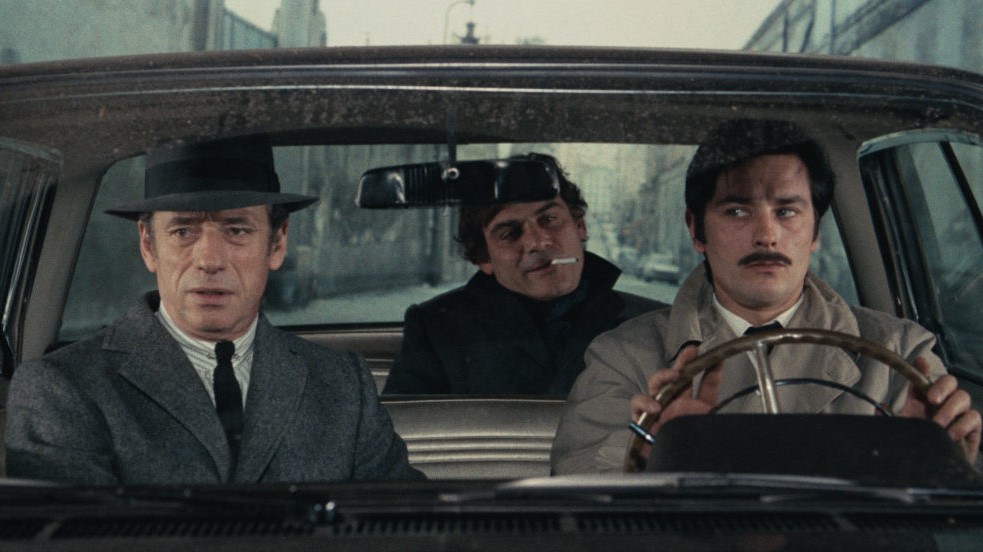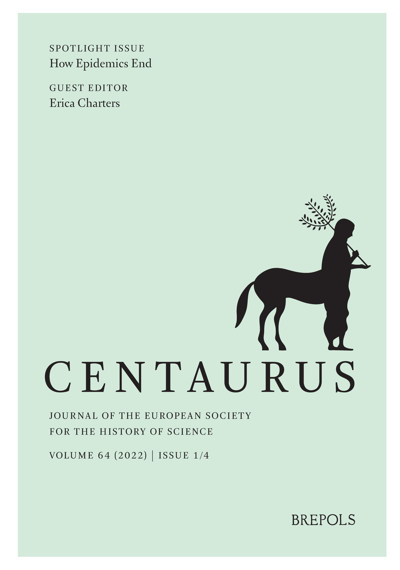Financing Music in Europe - Brepols
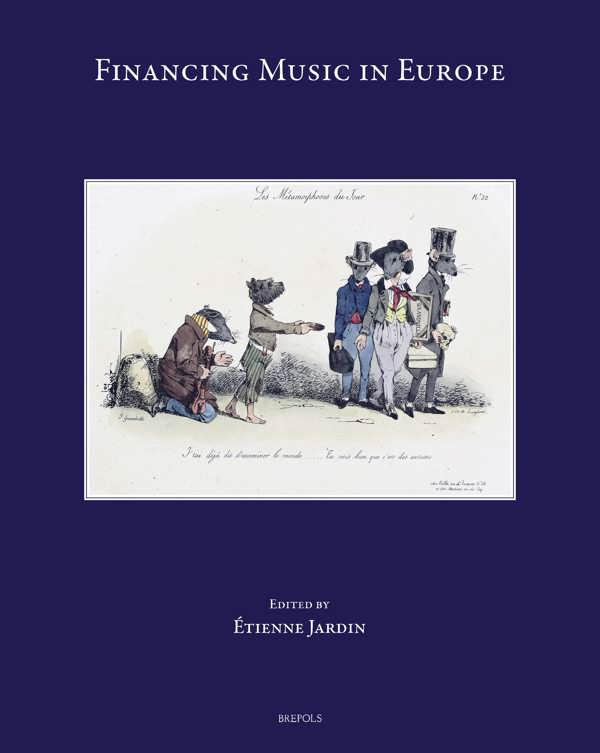
The way in which music was financed from the 18th to the early 20th centuries has usually been depicted as a slow transition from private investment (or patronage) to more public forms of financial support. In particular, the later 18th and earlier 19th centuries marked fundamental changes in European life with the development of new technologies and expanding market economies. Composers and musicians, no longer bound by service to a court or a patron, were fully integrated into the musical market, and new categories emerged, such as theatre impresarios and the artistic agent. During the second half of the 19th century, the concept of a career as a concert musician began to take shape concurrently with the second Industrial Revolution. This book investigates the various aspects of financing the music world — in court, on lyrical stages, for concerts, or even music schools — and ask the question: did the provenance of funding and the funder’s identity have an impact on music itself?
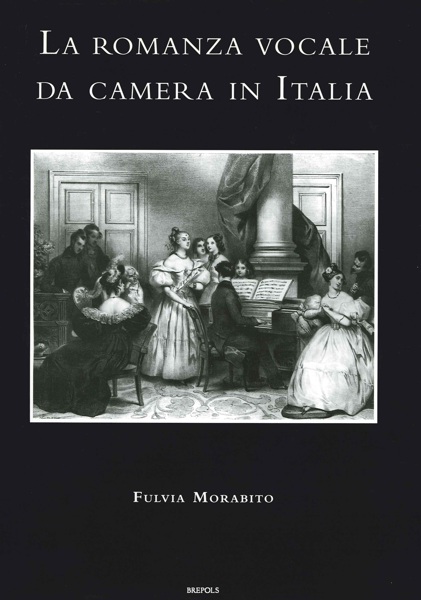
Brepols - Financing Music in Europe

Music financing boom reverberates to markets
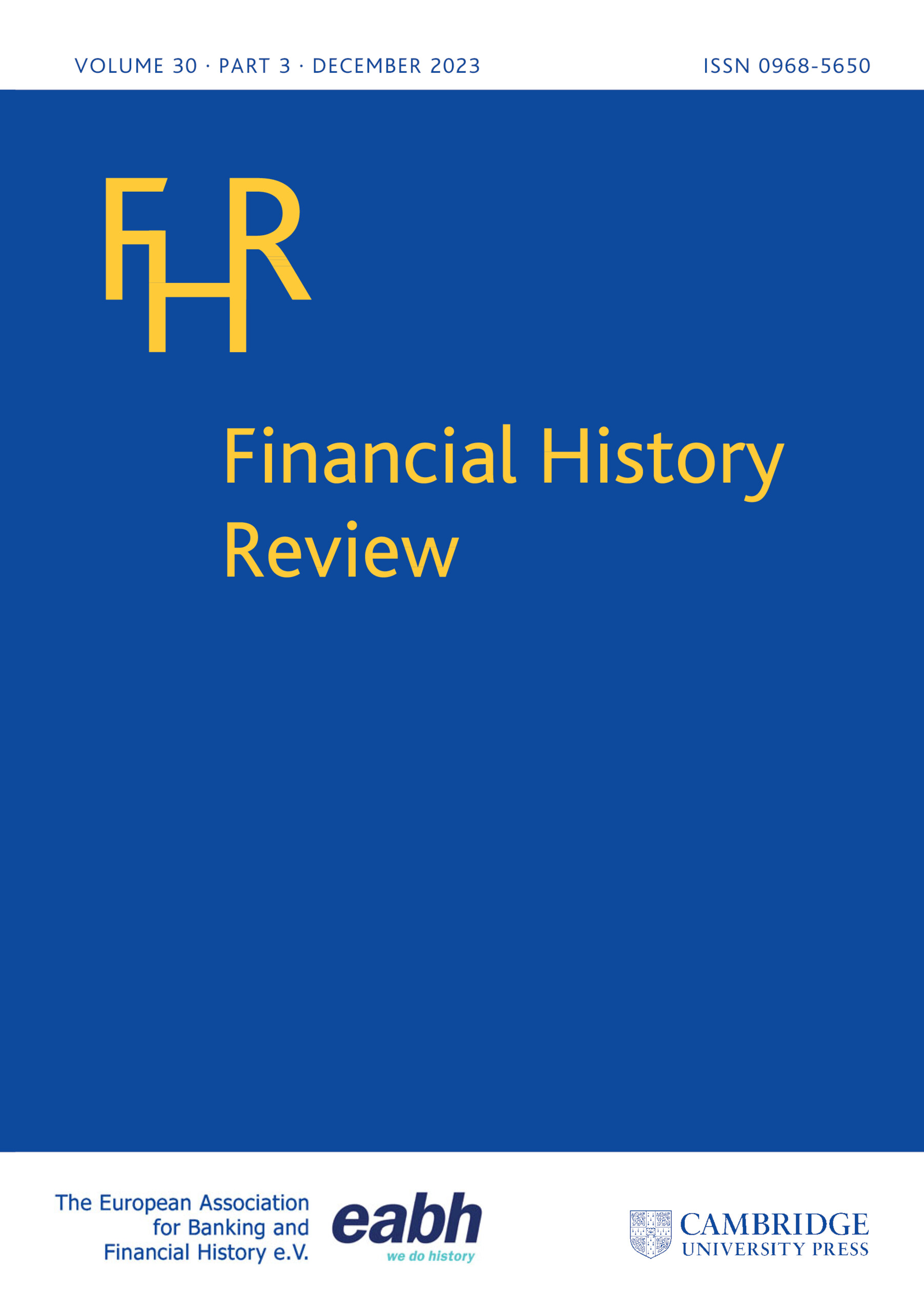
Pandemic recession and helicopter money: Venice, 1629–1631, Financial History Review
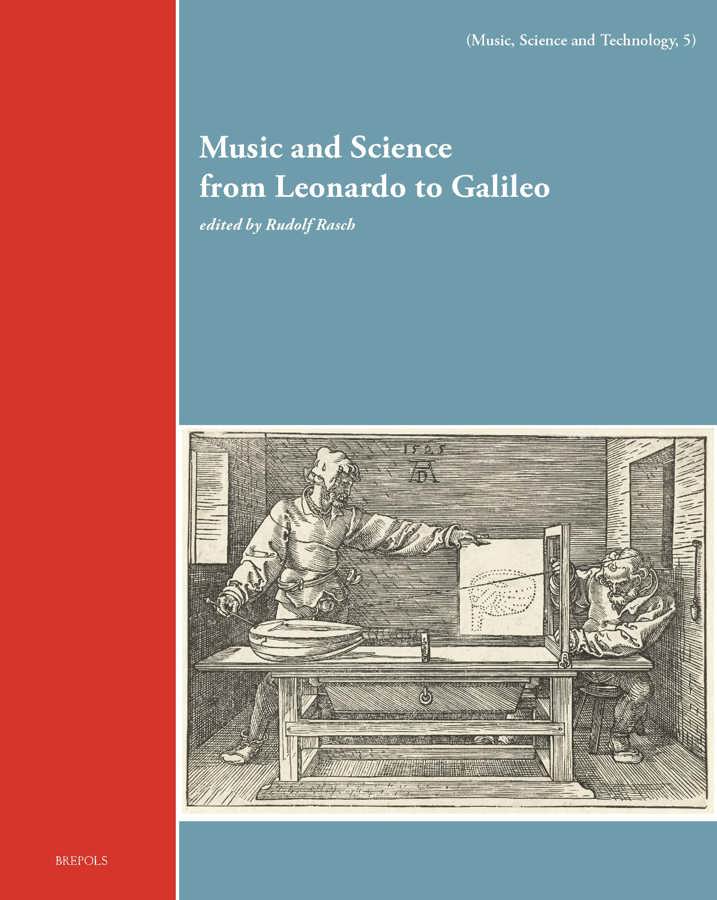
Brepols - Music and Science from Leonardo to Galileo
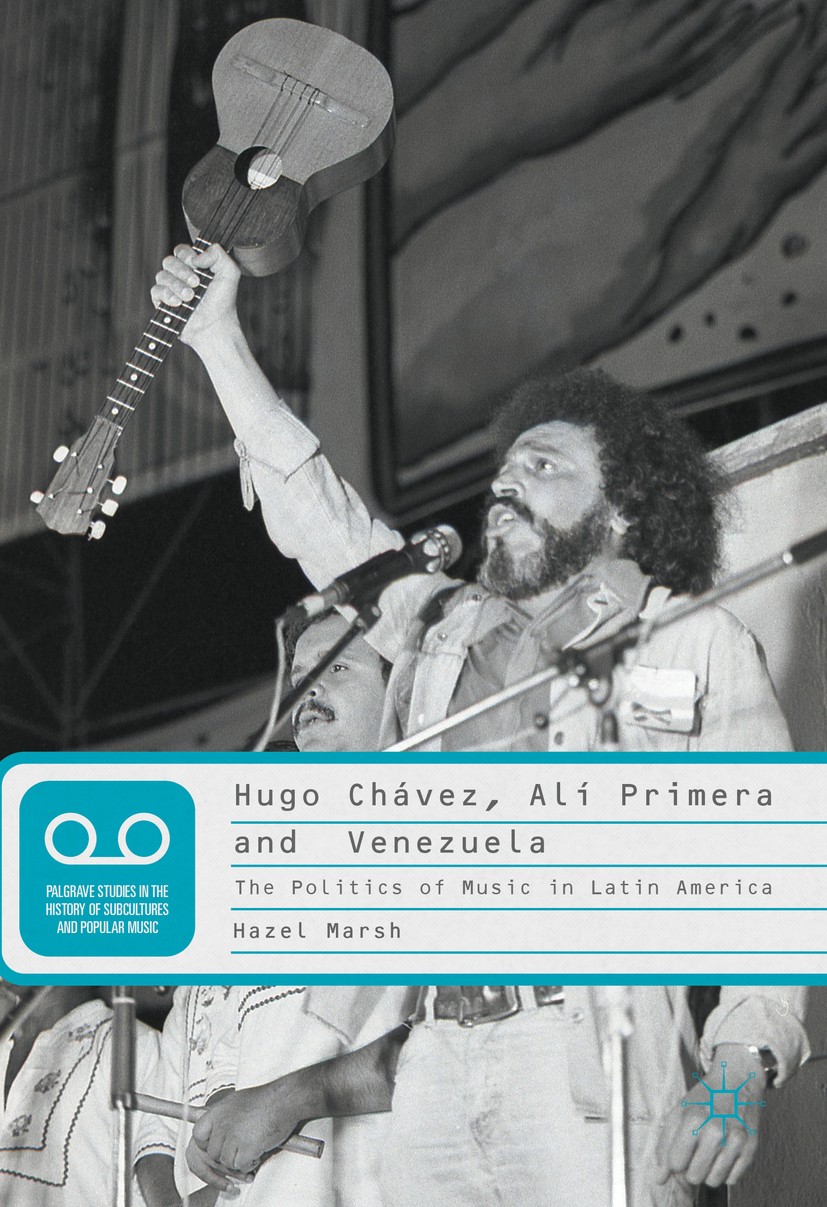
Latin American Nueva Canción: The Leftist Revival of Folk Traditions

Brepols - Home

Brepols - Home
During the Renaissance and throughout the Baroque and Classical periods, musical production was linked to patronage. There are essentially two types
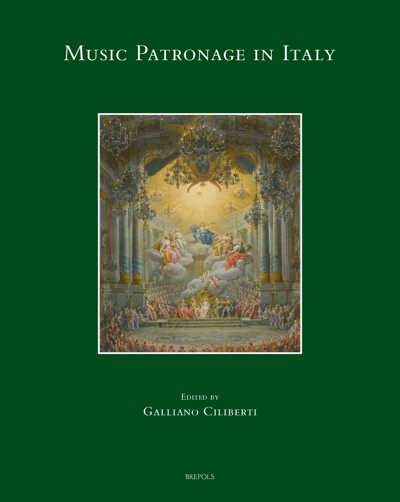
Music Patronage in Italy

Apocrypha 5(1994) & Apocrypha 6(1995); French/English Brepols
Musical Practices among Marian Sodalities in the Gallo- and Flandro-Belgian Provinces from the Sixteenth to the Eighteenth Centuries* in: Journal of Jesuit Studies Volume 3 Issue 3 (2016)

Brepols - Home

Brepolis bibliographies – manual




